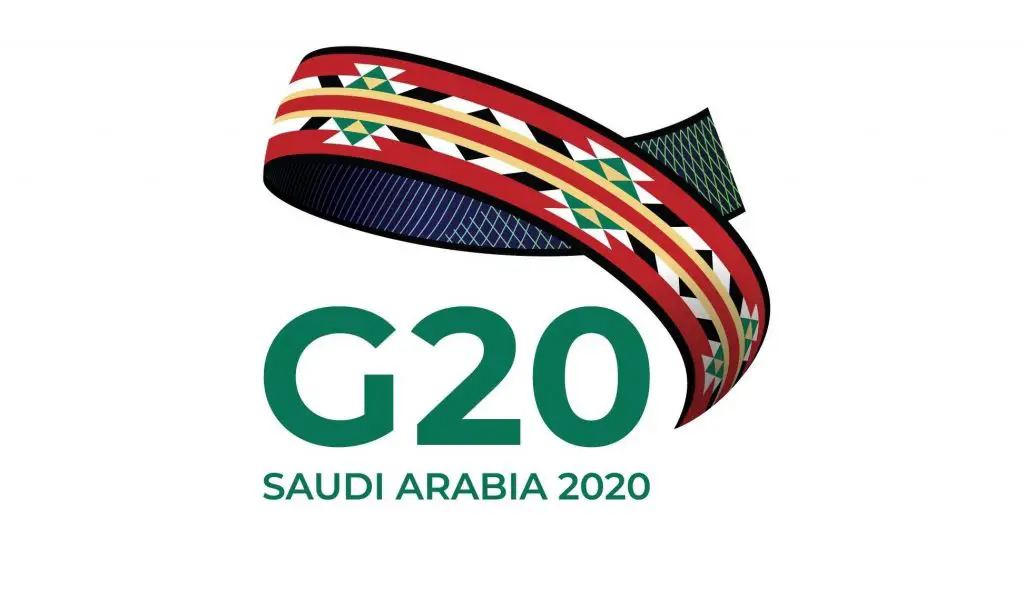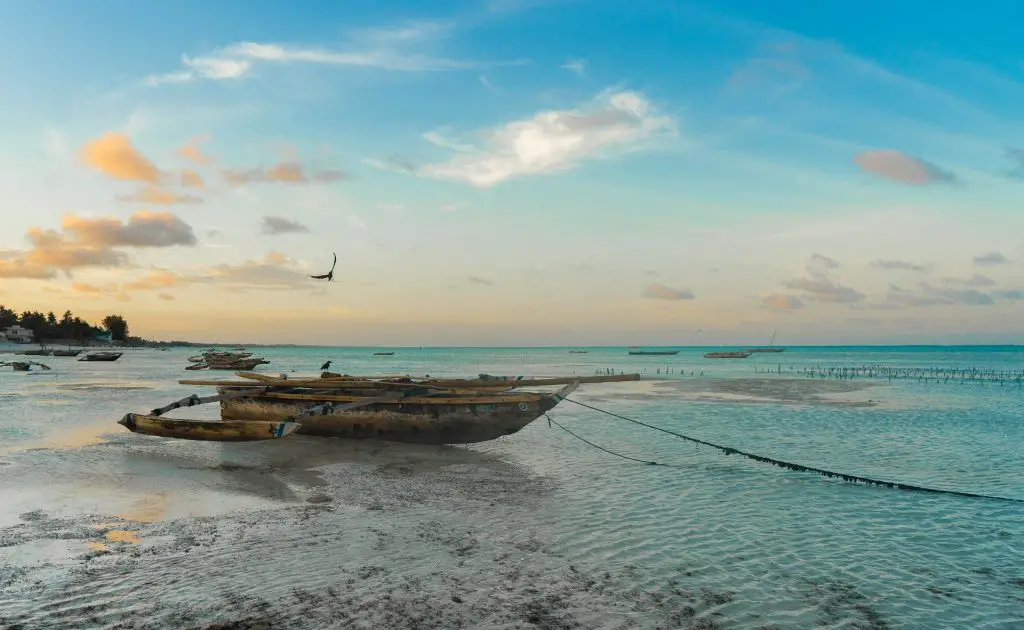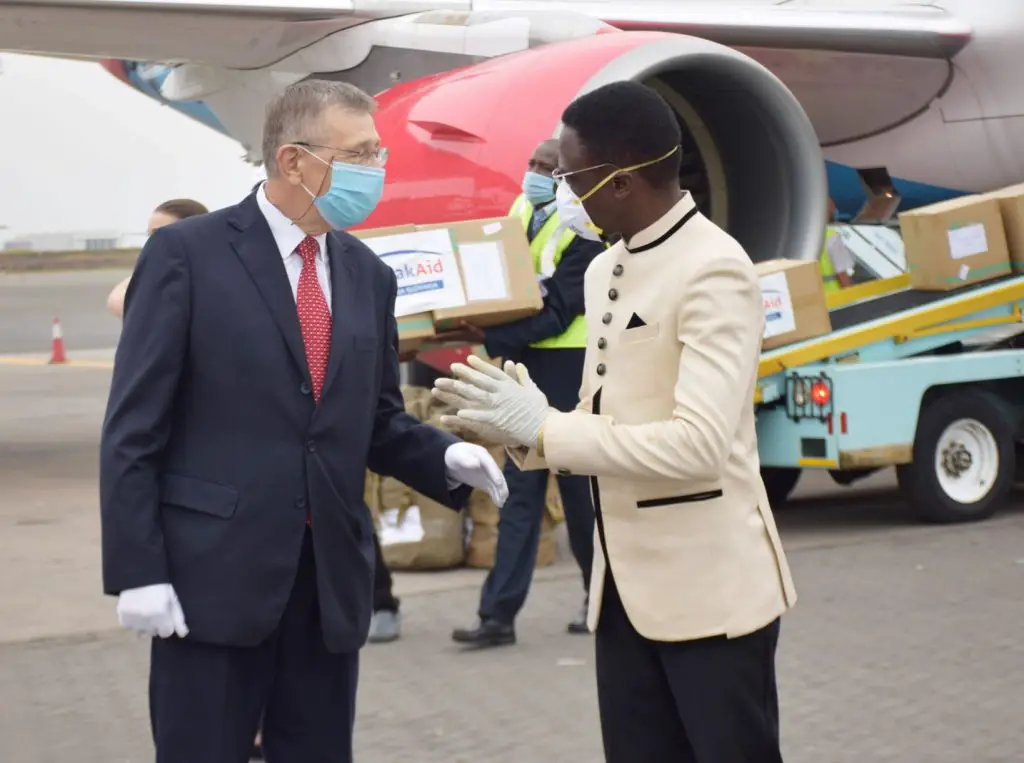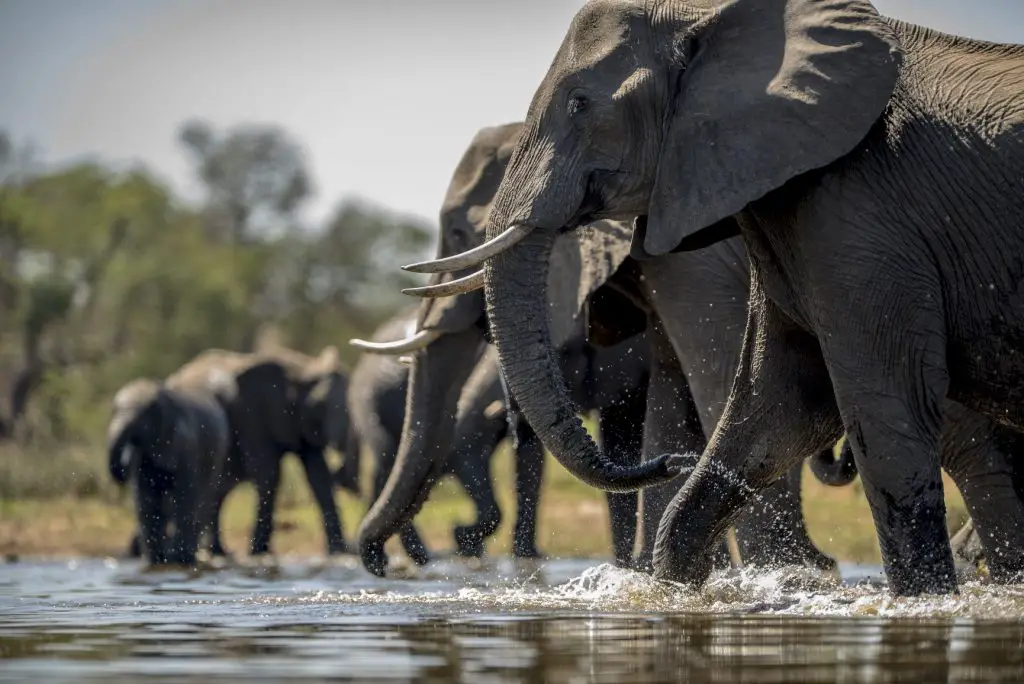- Agribusiness could drive Africa’s economic prosperity
- Dawood Al Shezawi: Why AIM Congress 2024 is the epicenter of global economic and cultural dialogues
- d.light’s 600,000 cookstoves project verified as top source of quality carbon credits
- Artificial intelligence (AI) could create a turning point for financial inclusion in Africa
- AIM Congress 2024: Catalysing global investments with awards
- Kenya’s economic resurgence in 2024
- The most stressful cities to live in 2024 exposed
- Tech ventures can now apply for the Africa Tech Summit London Investment Showcase
Browsing: premium
Consumer demand and sales volumes have peaked in the developed world leaving the developing countries lagging behind.…
Africa and China have had an interesting relationship in the last decade with the Asian giant enthusing that the relationship with the world’s second-largest continent is based on mutual partnership and understanding. …
While China is not investing much in Africa’s manufacturing, there is a lot that is happening to boost the sector, an indirect benefit of its presence on the continent.
After surpassing the US in 2009, China became Africa’s largest trading partner. The Asian giant’s hegemony over the continent has ruffled feathers globally as hitherto allies and financial muscles become decrepit, unable to keep the investment pace by the Chinese.
For perspective, China’s trade with Africa has exploded. From trade worth US$10 billion in 2000, the Chinese are now controlling an estimated US$208 billion, up from US$155 billion in 2017 according to the UN Comtrade.
Read: U.S. Beware: China is ahead of the game
The South China Morning Post reported in January that China’s trade with Africa grew 2.2 per cent to hit the US$208 billion mark.
Prior to this, and …
Accounting for about 16 per cent of the world’s human population, the demands continue increasing especially for job creation, food security and education among others.…
The East African Community (EAC) has spent twenty years of integration and admitted new members in the process. EAC Partner States signed the Protocol in November 2009, and it came into force on 1 July 2010. The common market is the first of its kind in Africa. The internal EAC market has about 146 million consumers.
This second offering, after the initial community collapsed in 1977 has worked to learn from the mistakes of the past community. However, as things change, the more they have remained the same.
There have been tensions between countries at different periods of time, some threatening the very core that set forth the community. Kenya has been at constant feud with Tanzania, Uganda has been also at loggerheads with Rwanda while Burundi has accused Rwanda of meddling in its affairs.
Overall trade disputes are now increasing in East Africa. Uganda’s trade …
The insurance industry in Tanzania is poised for growth and has the potential to pocket more markets over time.
The industry has gained vital milestones as the Tanzanian Insurance Regulatory Authority (TIRA) argues that the country has continued to play its strategic role in the national economy by providing underwriting capacity, making appropriate compensation against risks and contributing towards mobilization of financial resources for Tanzania’s sustainable economic development.
In 2019 former insurance regulator Dr. Baghayo Saqware noted that essential reforms were underway to increase coverage and stimulate economic growth by ensuring implementation of policy and non-policy reforms intended to boost the image of the insurance industry and increase public confidence, according to a report by The Citizen.
Across East Africa, Tanzania has been cited to record a promising mark over the past eight years on life insurance category, according to a report by Deloitte East Africa Insurance Outlook 2019/2020…
It is nature that is going to save us, yes, nature.
The rich arable lands of Tanzania, the recycling business potential in Nigeria and Kenya, and the sustainable-architectural business models in Rwanda and South Africa are few angles that the World Economic Forum (WEF) finds to be vital in channeling better economic solutions and resilience.
This thinking-approach emanates from the second report (of three), The Future of Nature and Business by the WEF which provides practical insights necessary to steer economies around the world towards a nature-positive economy.
It is safe to say the Coronavirus (COVID-19) pandemic has given rise to a lot of ideas towards rethinking and developing sustainable economy approaches.
As job losses and economic uncertainty hurt economies and livelihoods, nature-centred economic approaches seem to carry the necessary incentives to accommodate the global community’s needs.
“As governments and businesses look to stimulate growth, a new …
Just before the onset of Covid-19, banks in many parts of Africa were pushing for adoption of online-based financial solutions but with little pressure. Then came Covid-19 and changed how people access their finances; this has created an urgency of sorts to promote financial inclusion.
Some governments are currently providing incentives to pay for goods or services digitally, through mobile money or e-wallets. For example, Uganda has cut mobile money transfer fees; Egypt, Liberia, and Myanmar have increased transaction size limits, while authorities in Bangladesh, Cameroon, the Democratic Republic of Congo, Ghana, Kenya, Mozambique, Pakistan, Rwanda, Senegal, and Zambia have taken both sets of measures (cutting mobile transfer fees and raising transaction size limits) in response to the pandemic.
When Kenya reported its first case of Covid-19, the Central Bank of Kenya called a consultative meeting with Bank CEOs and immediately passed ways of ensuring that the country adopts use …
Of the many brands and companies present in the European country of Slovak, ESET stands out rather brightly. The Slovak software company is known for its highly-reliable anti-virus technologies such as the NOD32, Smart Security or their smartphone security software. Founded in Bratislava decades ago, the company has been able to make in-roads in most parts of the world and now has a presence in Africa.
In January 2019, the Slovak Republic Ambassador to Kenya, Frantisek Dlhopolcek paid a courtesy visit to then Cabinet Secretary of the National Treasury, Henry Rotich where they signed an agreement on development cooperation between the two countries and promote trade and development.
With such an agreement, companies like ESET took advantage of the opportunities presented in the East African region to set base in Kenya. In the period of operation, ESET is looking at how it can capitalize on the changing cybersecurity needs of …
On 12th August, the world marked ‘elephant day’, marking key achievements in preserving the lives of the world’s largest land animal which for years has faced the extreme danger of extinction. However, when this day was being marked, unlike in previous years, there was a positive talk of how the elephant population has stabilized.
The majestic animal’s population has shrunk significantly over the past few decades. For example, in Africa, there are only about 415,000 elephants remaining; in 1989, there were 600,000, and in 1979, there were 1.3 million. Poachers in Africa have illegally killed an estimated 110,000 elephants over the past decade — about one-quarter of what Africa’s elephant population was 10 years ago.
However, with global efforts and a dwindling market for elephant tusks, there is a more focus on how to manage the population. In fact, there are regions in Africa that have consistently registered an increase …













